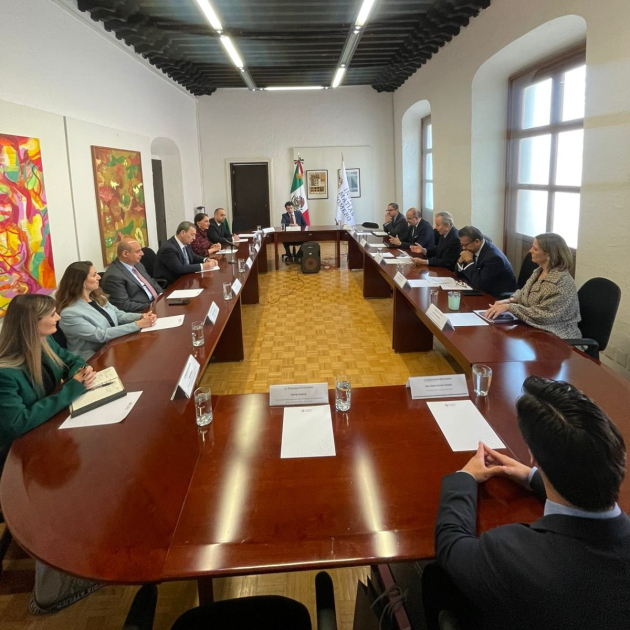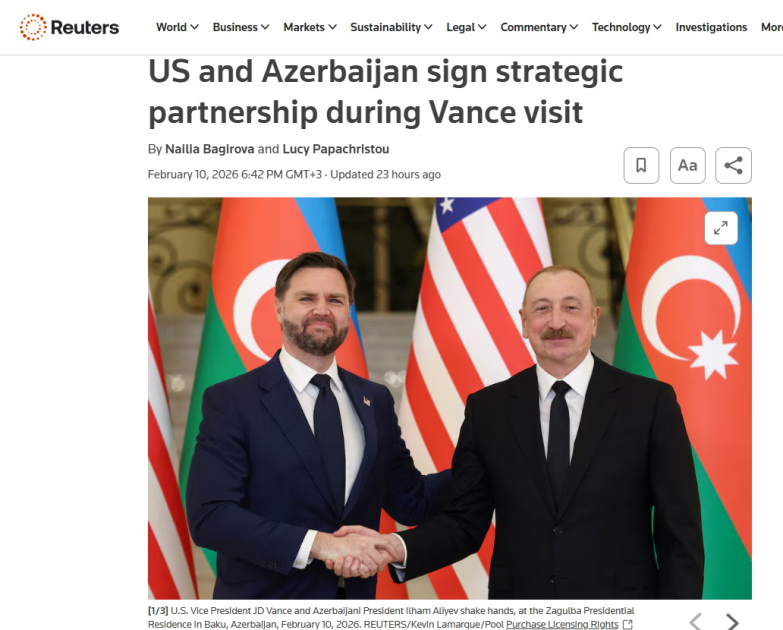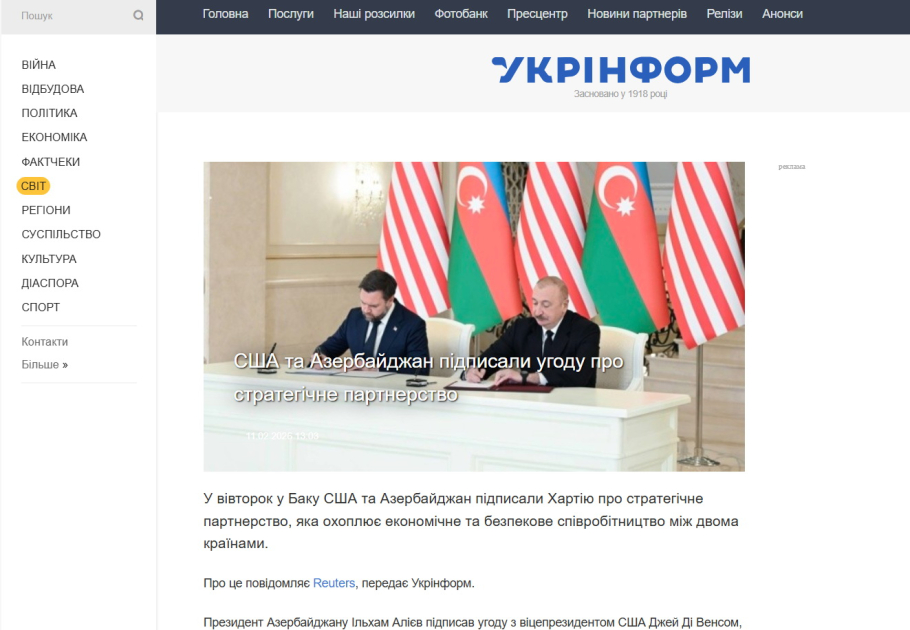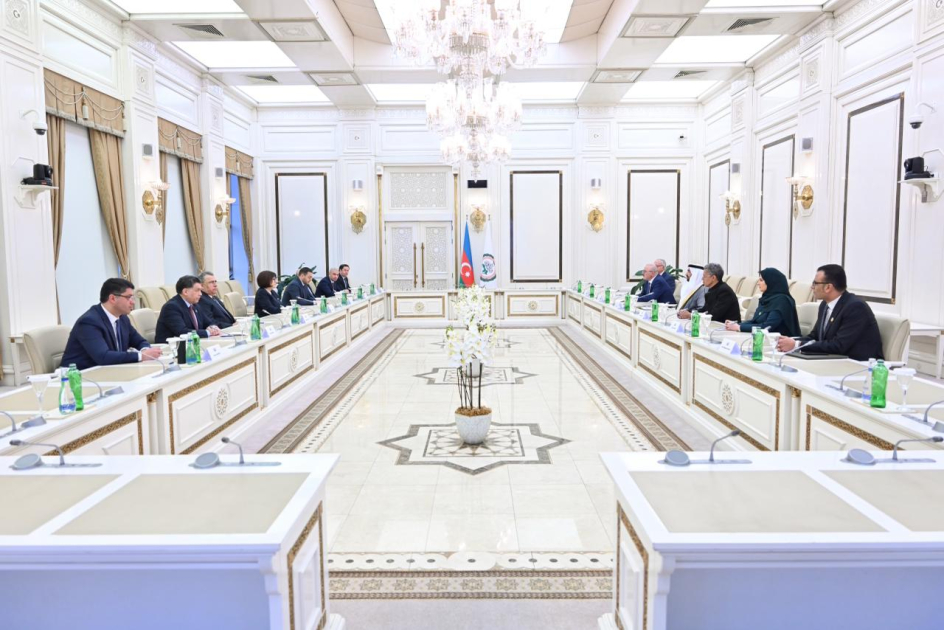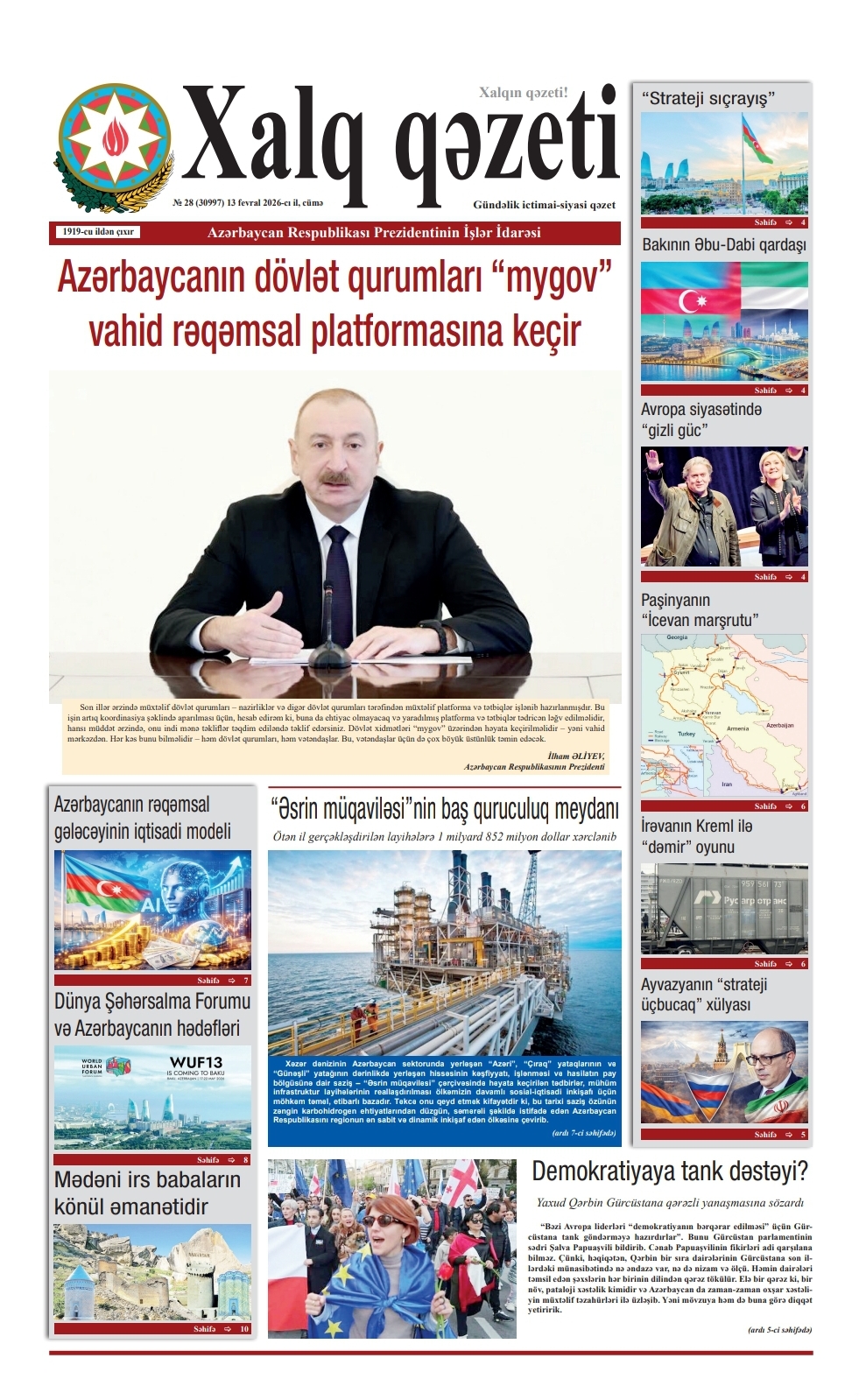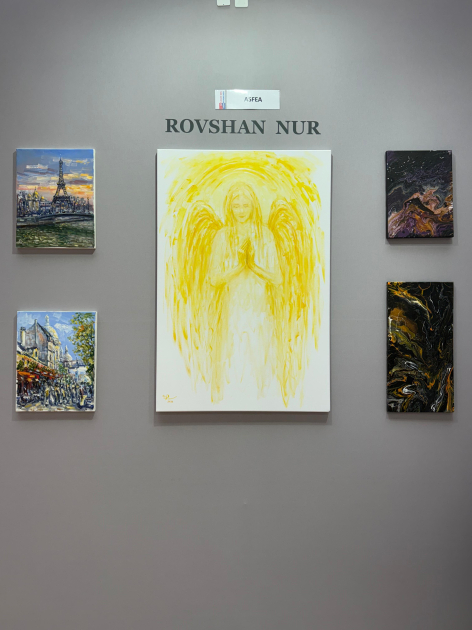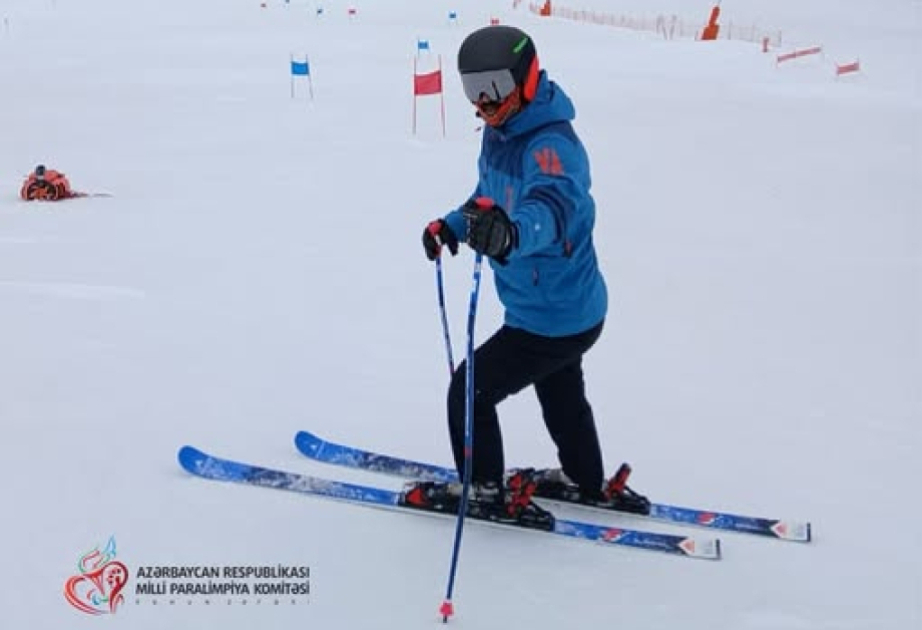The position of Josep Borrell on the situation in the South Caucasus region is characterized by one-sidedness and bias, if not outright inadequacy.
Russian historian and Caucasus expert Oleg Kuznetsov, a candidate of historical sciences, shared his opinion with AZERTAC as he commented on the statement made by High Representative of the European Union for Foreign Affairs and Security Policy Josep Borrell on January 22. In his statement, Borrell once again raised the issue of the territorial integrity of Armenia, emphasizing that "any violation of Armenian sovereignty could have serious consequences for Brussels' relations with Baku."
“The reasoning of Mr. Borrell about the territorial integrity of Armenia is perplexing, as the issue is far from determined and unresolved. Out of Armenia's four neighbors, only one – Türkiye - has settled border issues, as confirmed by the Treaty of Kars in 1921. With the other two - Azerbaijan and Georgia - Armenia has persistently asserted territorial claims for decades, and the border lines with them remain undefined and unrecorded. Therefore, the question of what should be considered the territorial integrity of this country is neither determined nor settled. European diplomacy, led by Mr. Borrell, should be based on international legal realities, and in their absence, on the willingness of the parties to resolve their conflicts peacefully. To begin with, he should acknowledge that the territorial integrity of Armenia depends not only on agreements with Azerbaijan but also with Georgia. It is essential to approach this issue comprehensively, rather than focusing solely on one of Armenia's neighbors. Such an approach would be balanced and adequate, unlike the one Mr. Borrell is currently demonstrating. At the moment, his position appears to be one-sided and biased, if not outright inadequate,” Oleg Kuznetsov said.
According to him, Mr. Borrell's inadequacy is also evident in the threats directed towards official Baku in the event of unfriendly steps towards Yerevan. “He clearly does not wish to acknowledge the objective reality, according to which Azerbaijan and Armenia are still de facto in a state of war. There is no ceasefire between them, only an agreement to ceasefire. Consequently, both de jure and de facto, the two countries are not friends or good neighbors to each other. Today, they are only seeking a way out of the armed confrontation in which they have been engaged for the past three decades. Instead of encouraging the efforts of the parties in the search for peace and harmony, Mr. Borrell, with his statements, undermines these efforts by trying to exert pressure on one of the parties engaged in the dialogue. Conscientious and responsible politicians should not act this way; however, he does not have such a reputation, just like the European Union, which he represents on the international stage. Objectivity, honesty, and impartiality are not about him,” said the expert.
According to Oleg Kuznetsov, in yesterday's statement by the head of European diplomacy, there is nothing fundamentally new or previously unsaid, and “it would be simply astonishing if his statements suddenly contradicted the interests of the transnational bureaucracy of the European Union, of which he is one of the prominent representatives.”
“If I were in Mr. Borrell's place, I would not threaten the authorities of Azerbaijan but would actively support the initiative of Armenian Prime Minister Nikol Pashinyan regarding the constitutional reform in the country. This reform would allow Armenia to rid itself of the chimera of the 'Karabakh legacy' and position the newly formed Fourth republic among civilized nations. It is in such matters that the competence and professionalism of a diplomat are demonstrated when genuinely benevolent initiatives are encouraged, instead of focusing on purportedly possible negatives, the actual manifestation of which has not yet occurred. Although for a person who sees nothing but jungles outside the European 'garden,' such a worldview may be familiar and natural, therein lies its misfortune. Living on this Earth is difficult for a person who, having hidden in the bunker of confrontation and aggression, has deprived themselves of the opportunity to see the sun and the sky,” concluded the Russian historian.


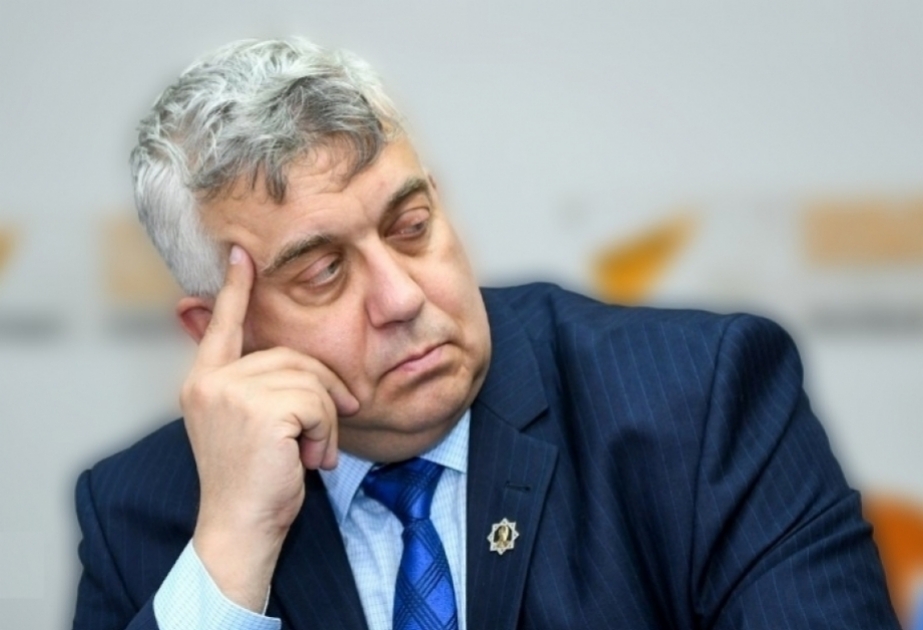

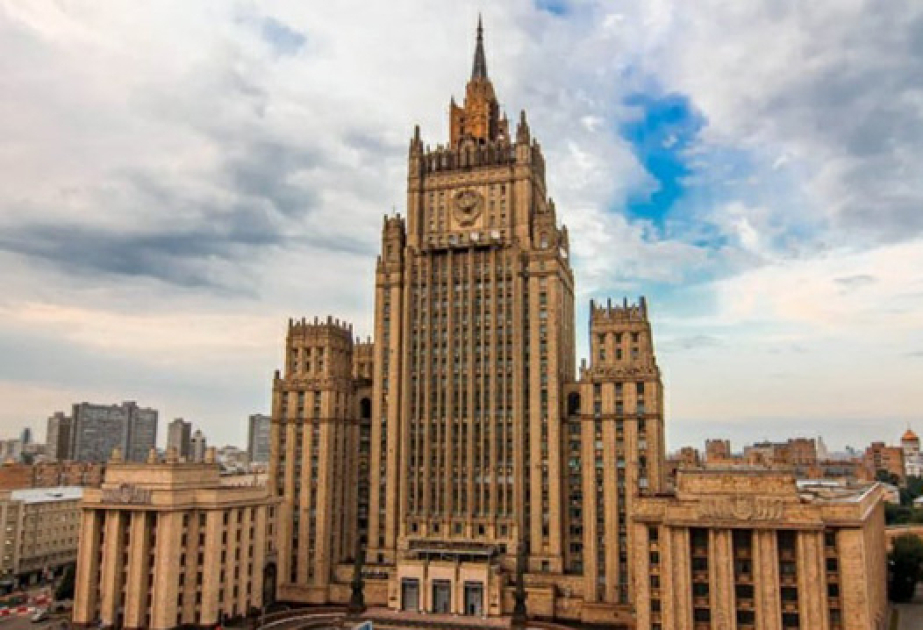
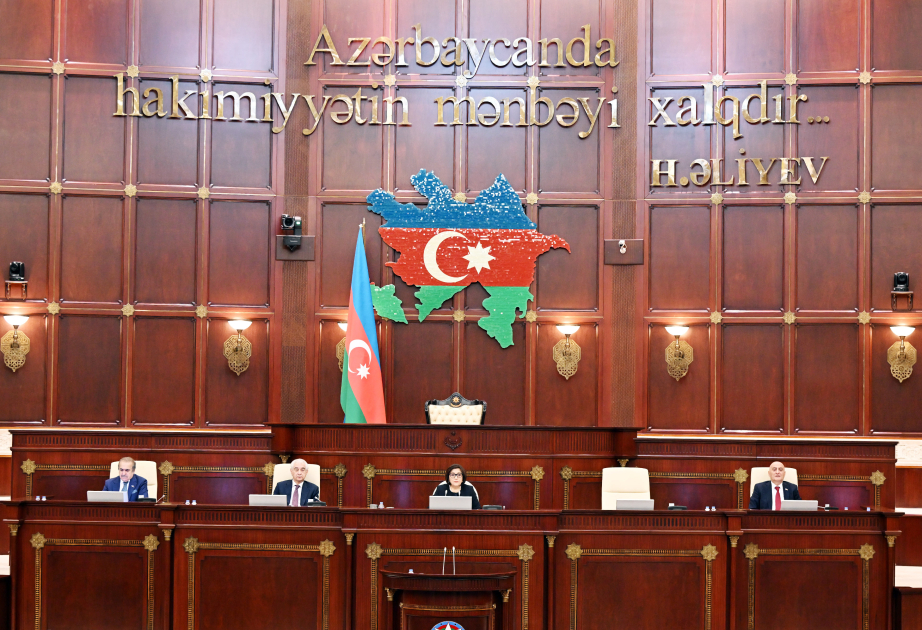
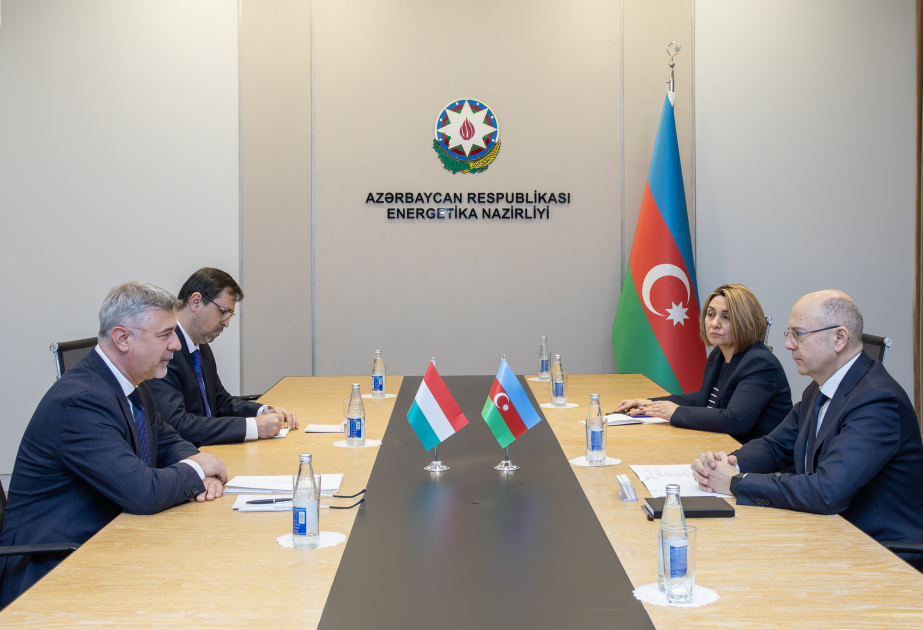
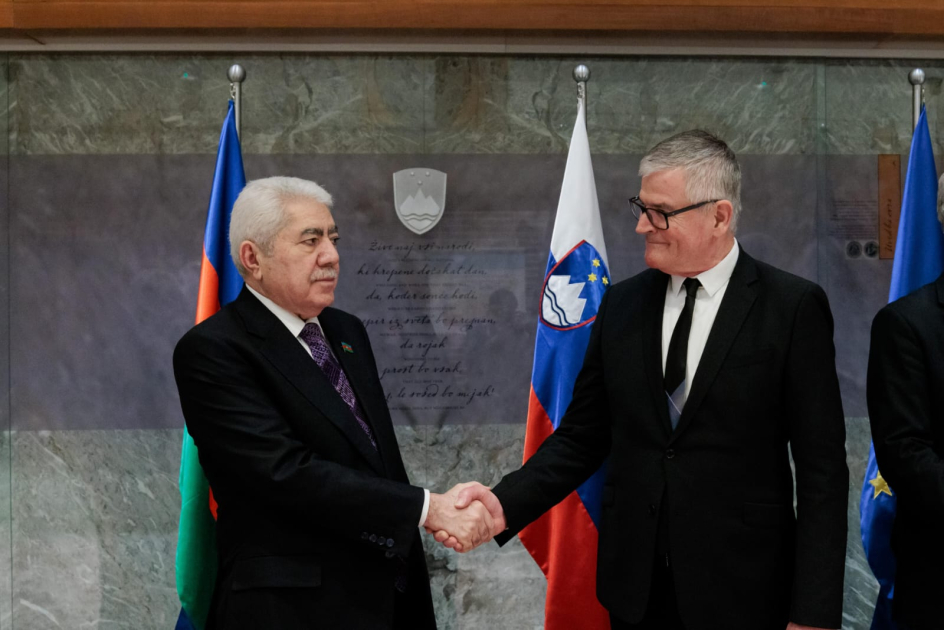
.png)
